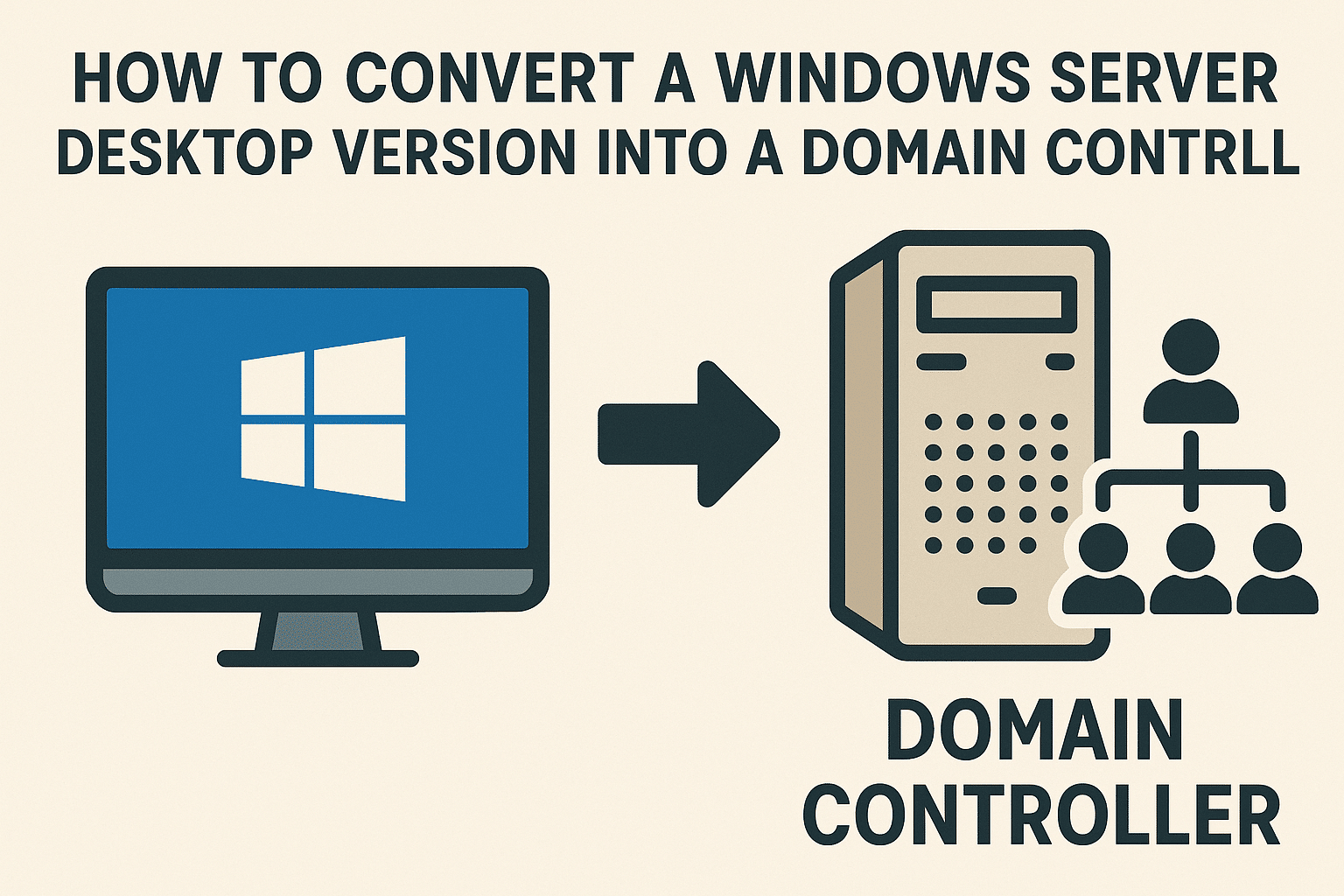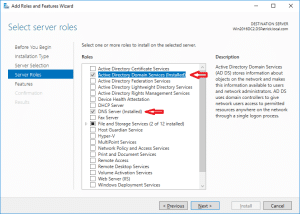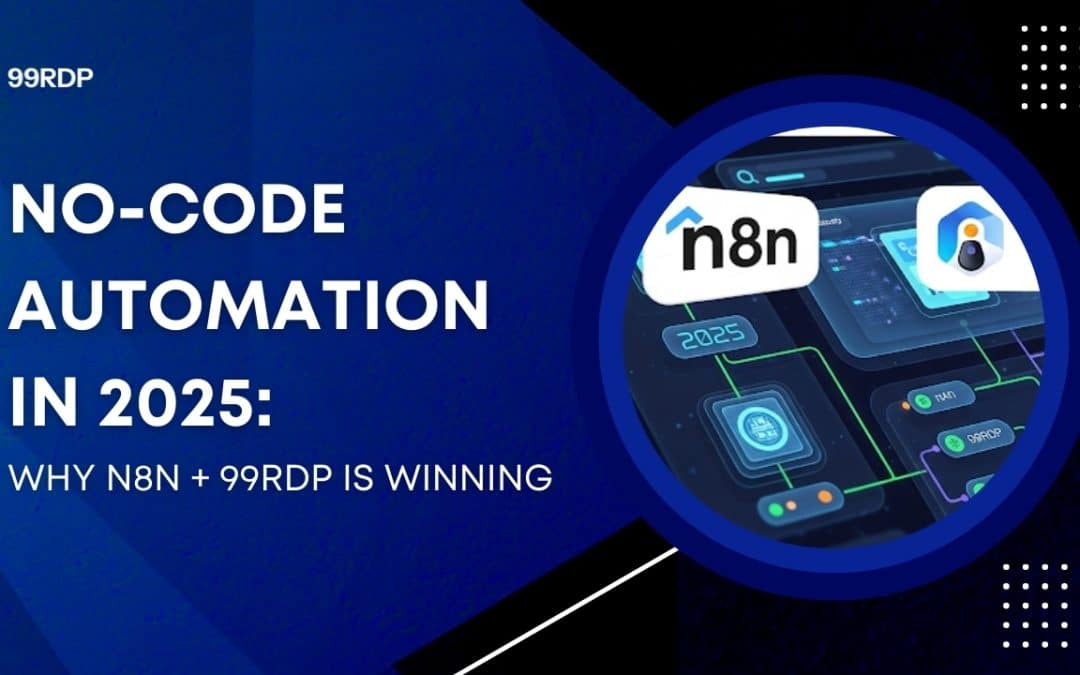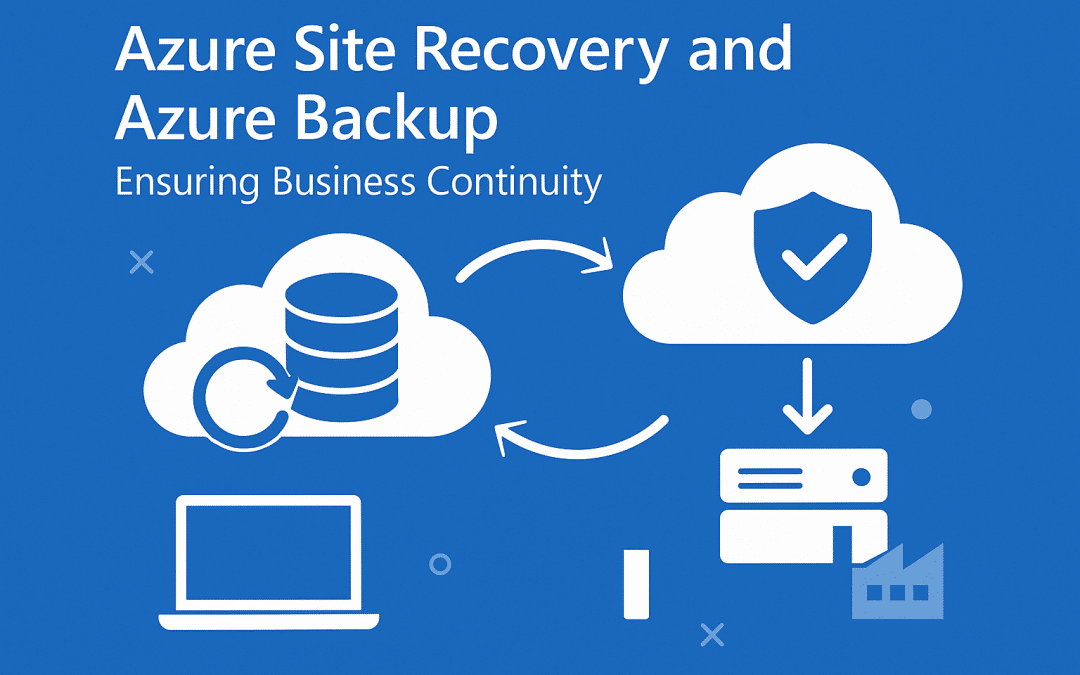
Setting up a Windows Server as a domain controller is one of the most important steps in managing a secure and centralized IT environment. Whether you’re running Windows Server 2019, 2022, or newer, you can easily transform your desktop experience version into a fully functional domain controller using the Active Directory Domain Services (AD DS) role.
What Is a Domain Controller?
A domain controller (DC) is a server that manages user accounts, security policies, and authentication within a Windows domain. It allows administrators to control access, group policies, and resources across multiple computers in a network—all from one place.
Step-by-Step Guide: Converting Windows Server to a Domain Controller
Step 1: Open Server Manager
Go to the Start Menu → search for Server Manager → open it. This tool is used to manage roles, features, and server configurations.
Step 2: Add the AD DS Role
- In Server Manager, click Manage → Add Roles and Features.
- Click Next through the initial screens until you reach Server Roles.
- Check Active Directory Domain Services → click Next → Install.
- Wait for the installation to complete.
Step 3: Promote Your Server to a Domain Controller
Once AD DS is installed, you’ll see a yellow flag notification at the top of Server Manager.
- Click the flag icon → choose Promote this server to a domain controller.
- Choose one of the following options:
- Add a new forest – to create a new domain (e.g., example.local).
- Add to an existing domain – if you already have one.
- Enter your domain name and administrator password.
- Follow the setup wizard and restart the server when prompted.
Step 4: Verify the Domain Setup
After restarting, open Server Manager → Tools → Active Directory Users and Computers to confirm your new domain. You can now add computers, users, and manage your organization from one central place.
Why Use a Domain Controller?
- Centralized Management: Control all users and computers from one location.
- Improved Security: Enforce password and access policies easily.
- Easier Administration: Automate user logins and group permissions.
- Scalability: Add more servers and clients as your business grows.
Convert a Windows Server Desktop Version into a Domain Controller (F.A.Q)
Can I use a Windows Server with Desktop Experience as a domain controller?
Yes. Both Desktop Experience and Core editions support AD DS installation.
Do I need an internet connection to create a domain?
No, domains can be local (e.g., example.local), but updates and DNS resolution may require internet later.
Can I create multiple domain controllers?
Yes. You can promote additional servers as secondary domain controllers for redundancy.
Can Windows 10 or 11 act as a domain controller?
No. Only Windows Server editions can host Active Directory Domain Services.




